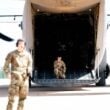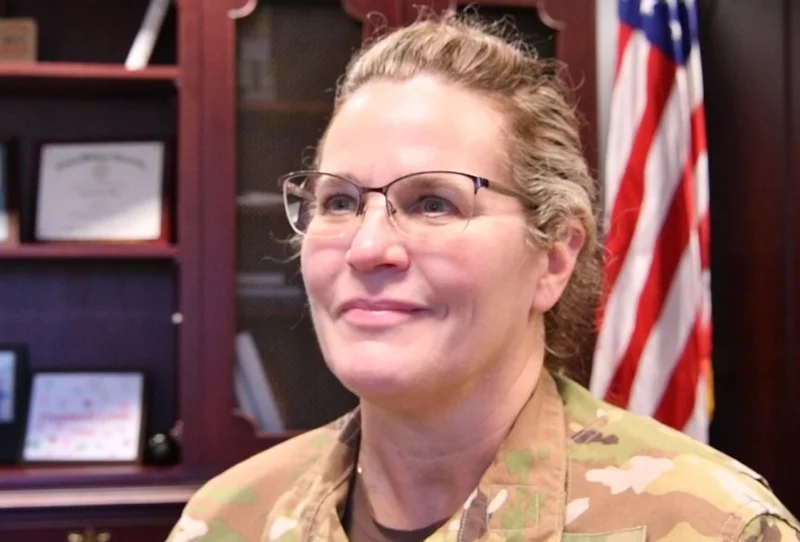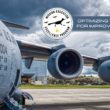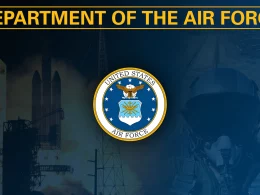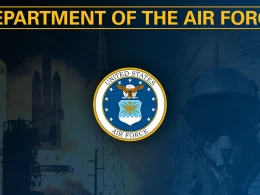TRAVIS AIR FORCE BASE, Calif —
January is National Mentoring Month and a great opportunity to seek out a mentor or two to help vector a rewarding Air Force career or aim even higher and become a mentor for a future Air Force leader.
Mentoring is defined as a relationship between a seasoned professional or person with life experience who effectively shares their knowledge with another who is less experienced in a discipline or career planning objective.
“A mentor just isn’t one person you follow blindly. You are going to seek out people that you trust,” said Col. Jacquelyn L. Marty, 349th Air Mobility Wing vice commander at Travis Air Force Base.
Mentors share their skills and knowledge as well as aim to inspire and motivate. Mentorship responsibility is a tradition Airmen must carry on to ensure continuity and encourage future leadership roles among peers.
“We know what’s right. We know what’s inside of us. We know what to do, but sometimes we may not trust our instincts or we may need someone to draw that information out of us,” said Marty. “So when you are bouncing ideas off of other people, you tend to formulate and finally narrow it down to ultimately get to the one choice that is going to work for you. No one truly knows all of the details better than you do.”
Marty shared certain situations would arise and she wanted to know what to do at that time. “One little decision tree would come up and I just didn’t know which way to go.”
Actively taking the initiative to reach out, find a mentor and gain information, she weighed recommendations for situations and put it to use in her life. Marty would follow up with the mentor and share what she ultimately decided to do.
Marty said sometimes she went along with a recommendation and sometimes she didn’t.
“You can take all of these inputs and advice together and then you make the best decision for yourself.”
At some point during a career path, the need for inspiration, guidance and correction or to set the tone for positive and negative feedback can fuel a successful future. Other times, simply knowing someone cares and will provide solid and constructive input helps.
“When I was a junior officer I heard about mentoring, and our senior leaders were saying mentors are wonderful and go out there and get one,” explained Marty. “I was waiting for someone to come and take me under their wings and mentor me, but nothing ever happened.”
“At the time I was the one and only woman (pilot in the squadron) and I was mostly excluded from (certain) events,” said Marty.
An extremely important fact for Marty is she mentors others like herself. Being one of few women who flew airplanes, the win for her during those earlier years in her career was to focus on inclusion with other women pilots, so they would be stronger together.
After years of taking a proactive approach to seek out mentors she could garner confidence and trust in, Marty now has a personal list of names in her catalog. She stresses that not all of her mentors out rank her. She has a variety of junior officers and enlisted in her catalog that she trusts wholeheartedly.
Conclusively, Marty said she has benefited from mentors throughout her career. “I feel obligated and it is an obligation to pay it forward. Whether I can mentor you in your professional development, personal life or just to be a listening ear should you need to vent.”
Marty added that everyone is in a position to mentor, but caution should be taken not to get involved where you may not be wanted.
“Certainly make yourself available and let people know you are willing to help out. Let them know you are experienced in a certain situation, so the person knows to come to you should they want more information.”
Marty continues to connect people together so they can begin to build a bigger catalog from which to choose from and that in itself can turn into a lifelong relationship.



